When you begin comparing schools on your shortlist, it is important to at least be aware of certain important aspects of the school and its operation. While you can certainly tell whether a school is well-run just by visiting it and observing the condition of the grounds and facilities, it is worth asking a few detailed questions. The answers to these questions can be found online, as a rule, so explore the school's website thoroughly before asking the admissions staff.
How long has the head of school/principal been in office?
This question speaks to the stability of the school. If the headmaster or headmistress (also called head and occasionally director) has been there for a couple of years, that's a good sign. Private school heads will stay forever if they are doing a good job and the trustees are satisfied with his job performance. Nowadays a private school head is the de facto CEO of the school. But his major responsibility is going to be in the area of fundraising. Public relations is another part of his brief.
If the door to the headmaster's office has become a revolving one with several heads coming and going over a period of a few years, you might want to find out why they didn't stay. Most private schools conduct national searches for a head of school and involve the school community in the process. So it would be unusual for a school to get the fit wrong.
Is there a


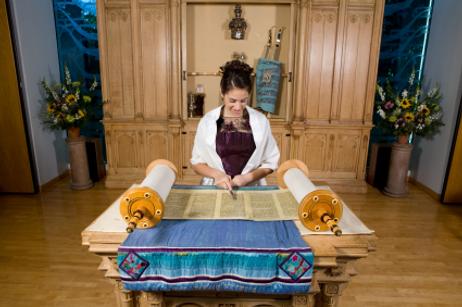
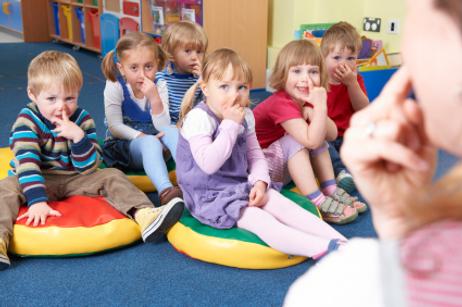
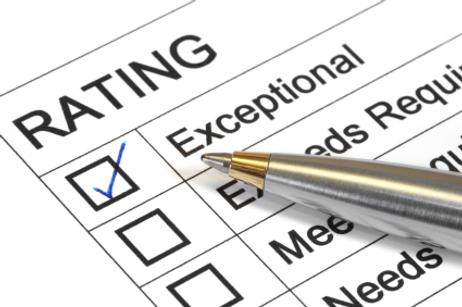
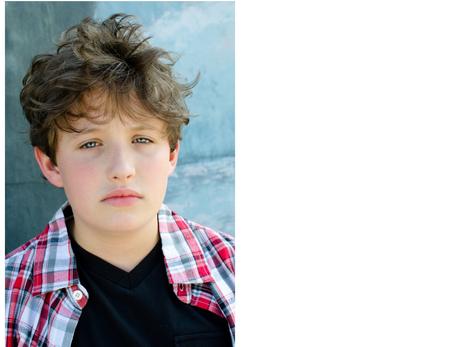

















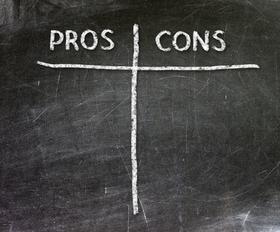

































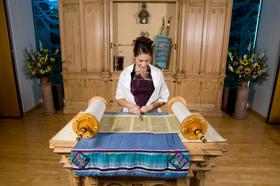








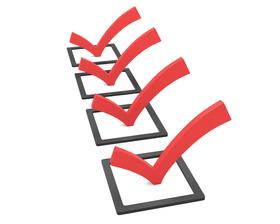
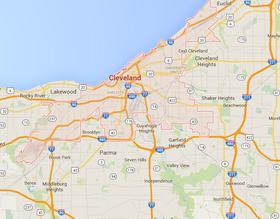






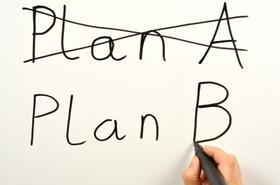






















-4c3194pi4wis8gsg004w0g44w-280.jpg)
